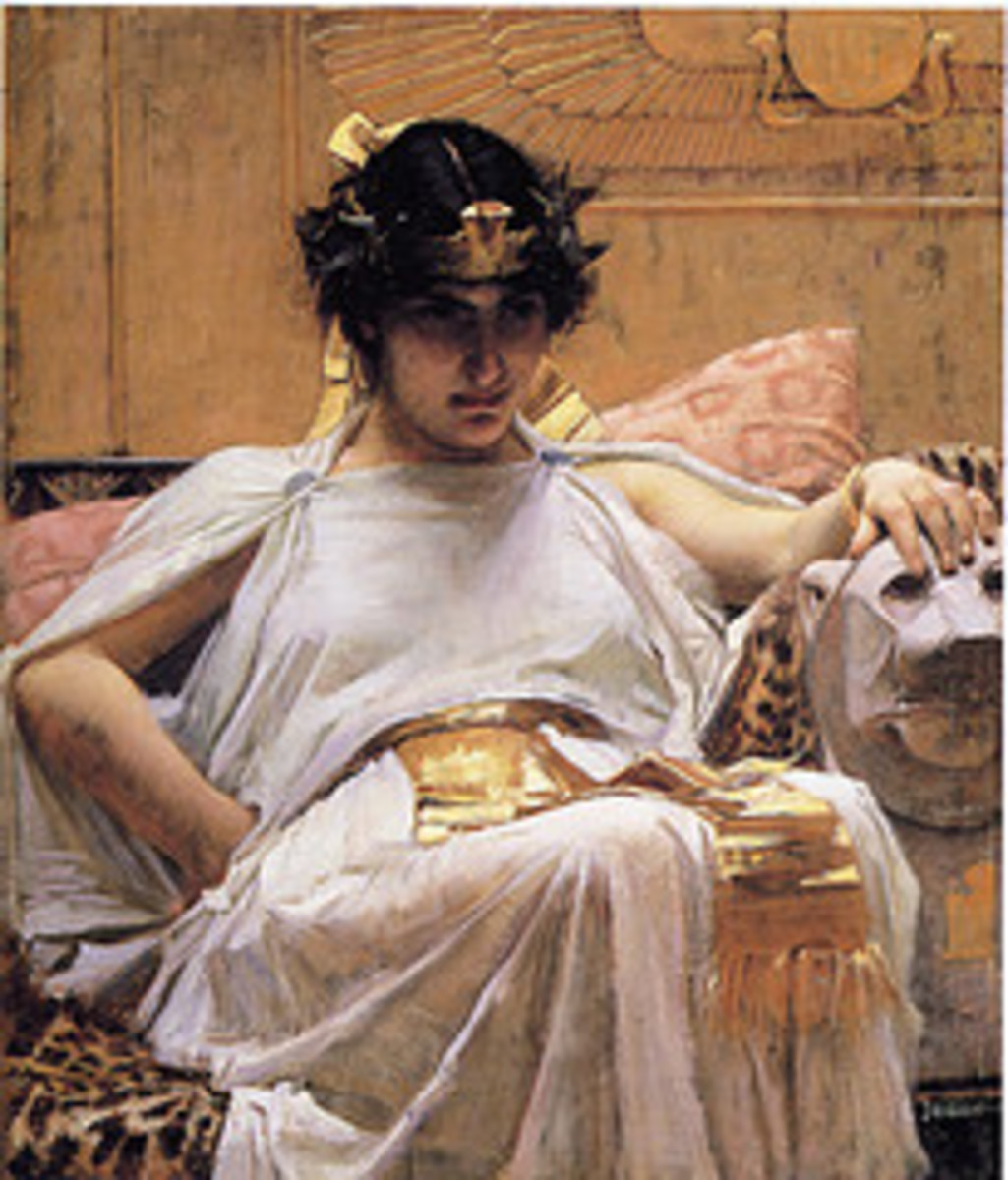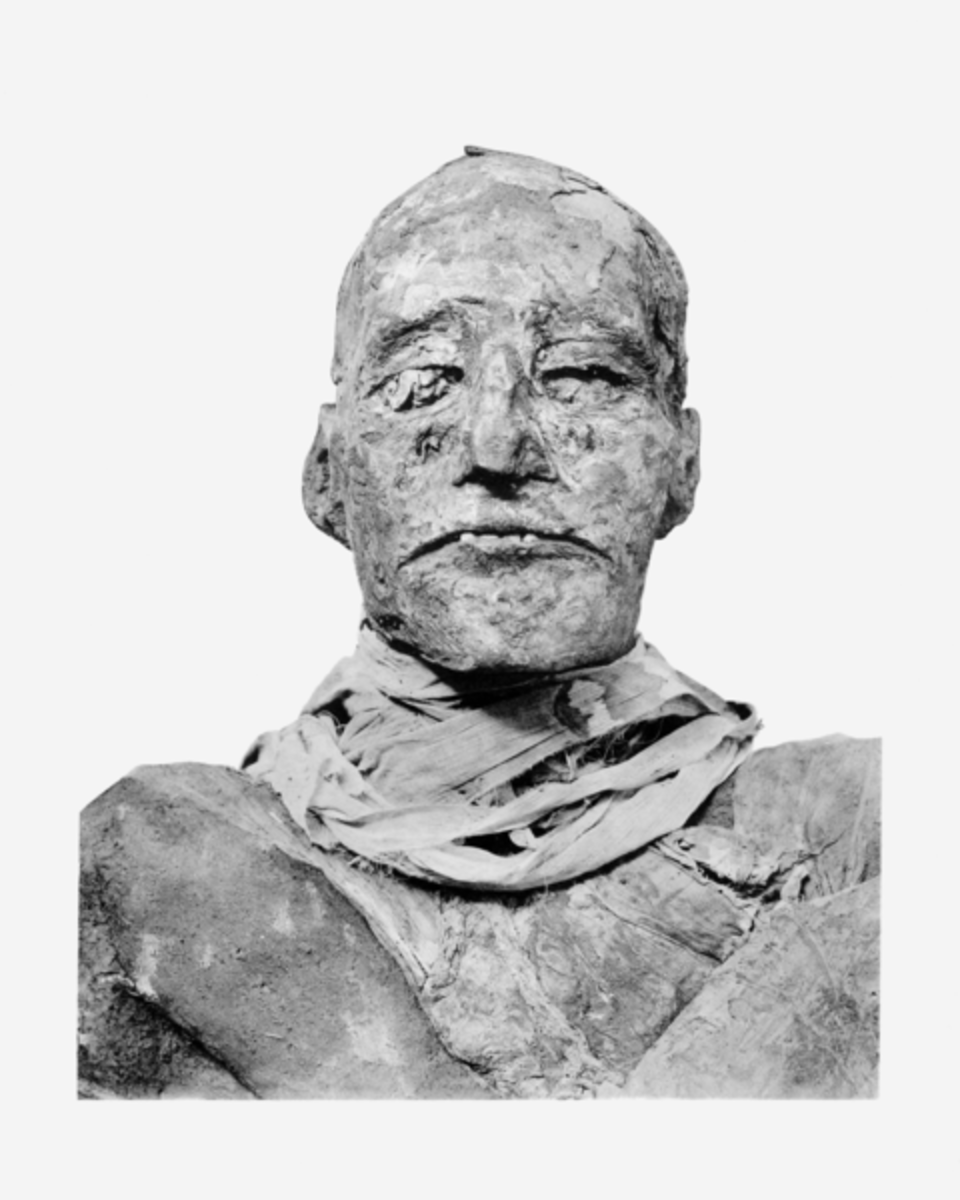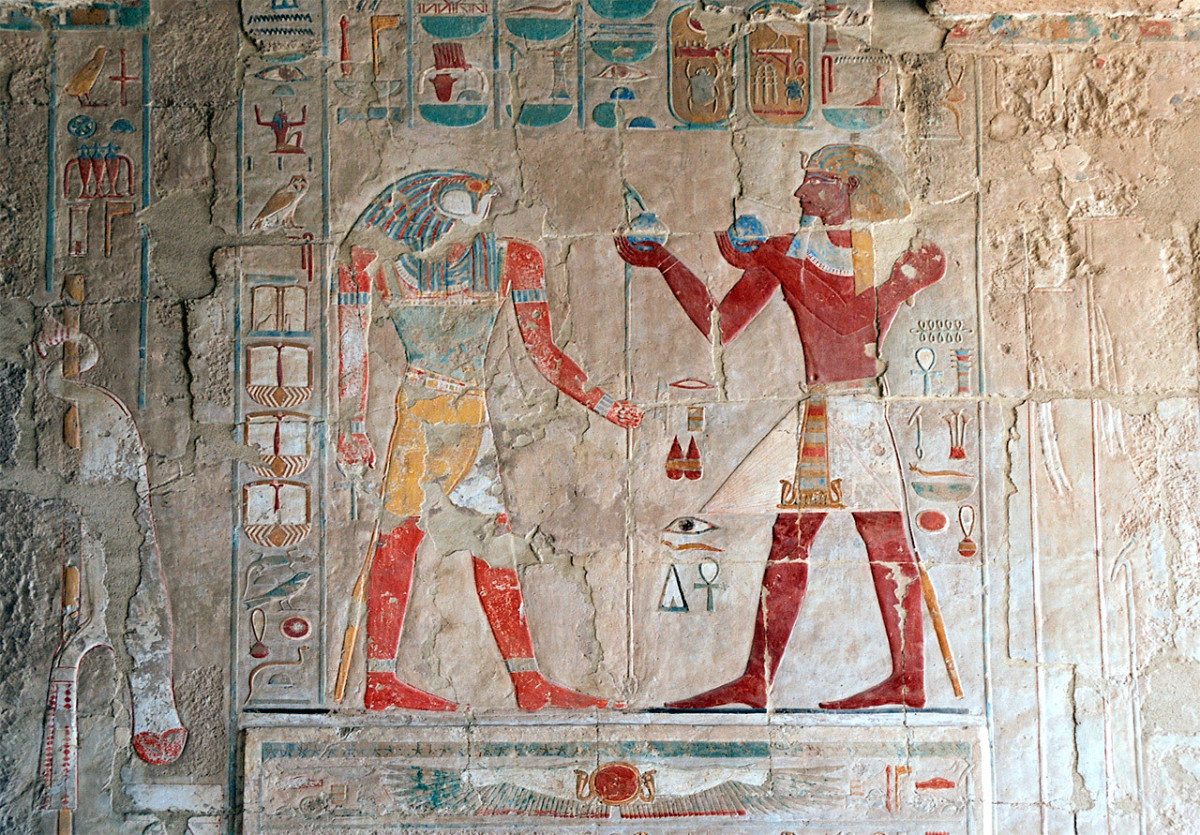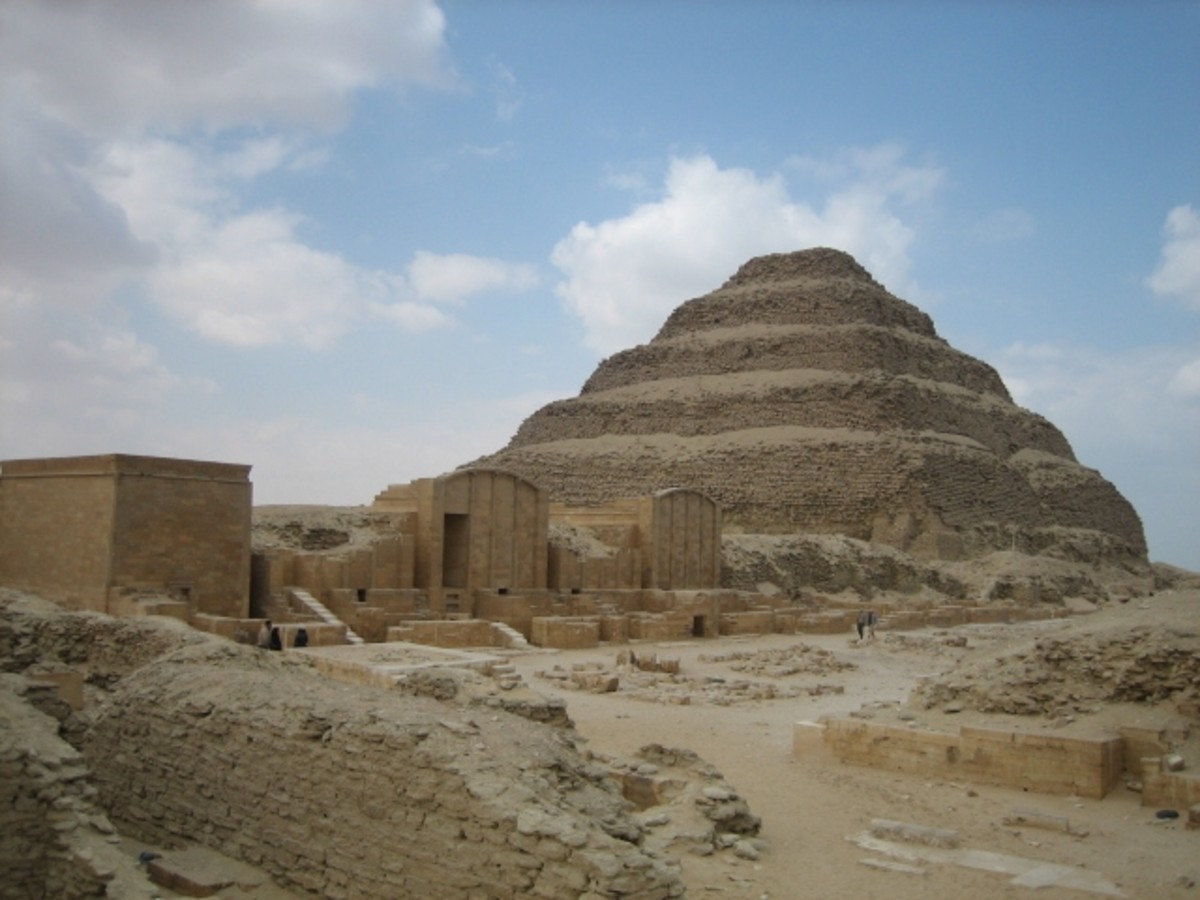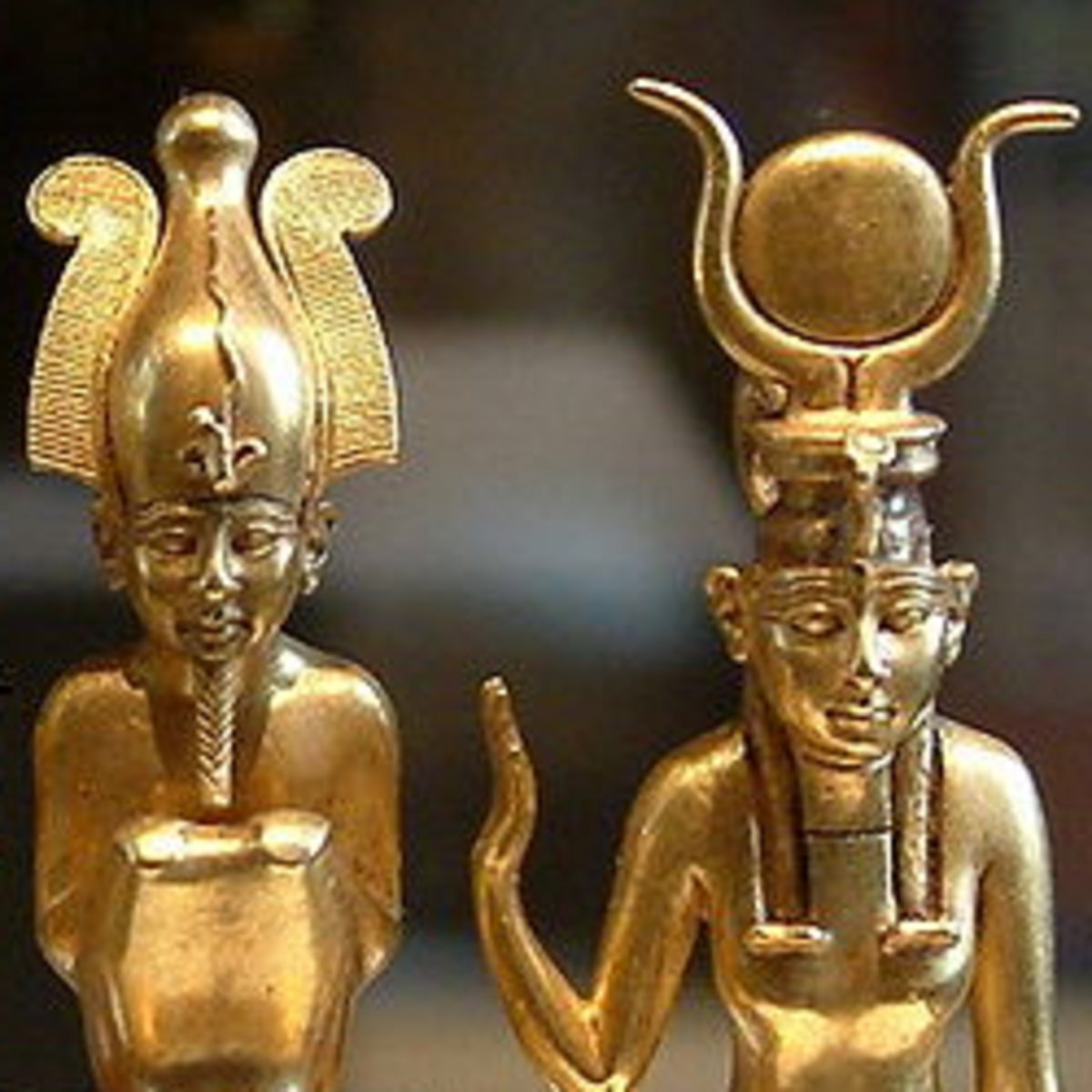- HubPages»
- Education and Science»
- History & Archaeology»
- History of the Middle East
Ancient Egyptian Civilisation - Letters to the Dead
The After Life
Many faiths believe in life after death, that death does not mean the end of life just the end of life on earth. The Ancient Egyptians revered their dead because they believed that once life on earth was over they lived in the spirit world where they were given powers by which they could influence life on earth.

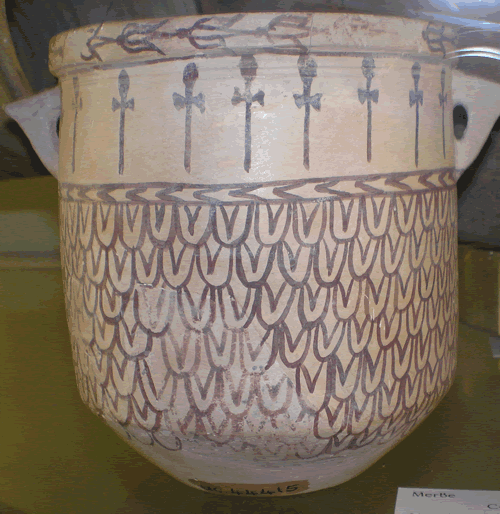
Letters of the Dead
The letters of the dead, some 20 letters dating from c3000-c1200 BC are letters from living people to dead ancestors asking for them to use their supernatural powers to help them with earthly problems. How did they send the letters? Some were written on papyrus and buried in the dead man’s tomb but others were inscribed on pottery bowls or plates which were again placed inside the tomb.
The main topics of concern contained in these letters were legal matters. The Petrie Museum of Egyptian Archaeology in London is home to a shallow pottery dish which was discovered at Diospolis in Upper Egypt. The letter inscribed on the dish is addressed to the dead man- Nefersekhi from his sister or close female relative. The letter says that their daughter is being defrauded of her share of the inheritance by a trustee of his estate. The woman pleads for his intervention to restore her daughter’s rightful share assuming that her husband will use his now supernatural powers to affect this. This letter is not alone in content another letter which is now on display at the Cairo Museum is to the dead head of a family from his wife complaining that relatives have come to her home and taken objects and slaves that belonged to her and her late husband. The widow has been left with a young son and she laments that they will be left with nothing, perhaps the widow thought that her husband would be able to appeal to some supernatural court and that the money and goods would be returned.
Solving probems
It wasn’t just legal matters that were the subject of letters, children or more importantly the lack of children was a subject of an appeal to the ancestors. Women who were unable to produce children did not have recourse to medical solutions and as their social position and indeed their position in the afterlife was governed by their ability to have children; it was a major issue with them. There is a pot in the Haskell Oriental Museum of Chicago which is inscribed with a letter to a dead father from his living daughter. In this letter she asked that he cause her to give birth to a healthy son, although a daughter would have been acceptable rather than a barren alternative. Whilst it is not known how many letters were written there are also a number of fertility figurines which have survived the centuries. Each figurine would have been inscribed as the Ancient Egyptians believed in the power of the written word, probably simply asking for the birth of a child to a dead person’s daughter.
There is evidence that the dead were asked to help cure illness and disease. An early bowl now named the Cairo bowl had a letter on it from a woman named Dedi appealing for her dead husband to help their servant girl, who was ill, to get better. Quite why the lady of the house was worried about the health of the servant is not known; perhaps the dead man had relations with her whilst alive. It is open to conjecture as there is no firm evidence of the identity of the serving girl.
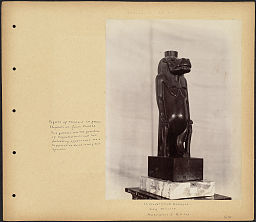
Dstressed spirits
Not all dead people were revered as solvers of life’s problems. Some spirits were distressed and would haunt their families. It was believed that these spirits were distressed for a number of reasons; perhaps they had died too young, not been given the burial for their status or simply died before they had failed to achieve their lives objectives, such as fathering a large family. The living family would blame all problems on these restless spirits, if the crops were lost or even if someone became ill. To keep the spirits happy the living would make them offerings and try to live a life that did not offend the spirits. The Ancient Egyptians believed that without food offerings and the preservation of the dead body and burial ground the deceased would not live contentedly in the afterlife.
Restless Spirits
Most of the spirits who were restless and trouble makers were the spirits of dead women. A letter written on papyrus held in the Rijksmuseum van Oudheden in Leiden has a widower writing to his wife who had been dead about two years. He complains bitterly that she hurts him from the afterlife stressing that he had been a good faithful husband through her life and also whilst she had been dead. He says that he wants to take his wife in front of some supernatural court so that she is forced to change her behaviour, it is not clear whether the case needs to wait until he is dead, to be heard.
The spirits of the dead women were also seen to manifest themselves as ghosts. They were believed to threaten pregnant women and nursing mothers. The ghosts of women who had not given birth themselves were believed to be especially dangerous towards infants and nursing mothers.
The really dangerous dead were called “mut” and these were often people who had been executed traitors or prisoners of war whilst they were alive. They could not pass on to the land where the dead lived and so haunted the living world in a frightening way. It was believed that the spirits could at the very least cause nightmares whilst people were sleeping or at worst illness. Spells were used to protect the family and headrests were decorated with figures which fought evil whilst the family member slept.


